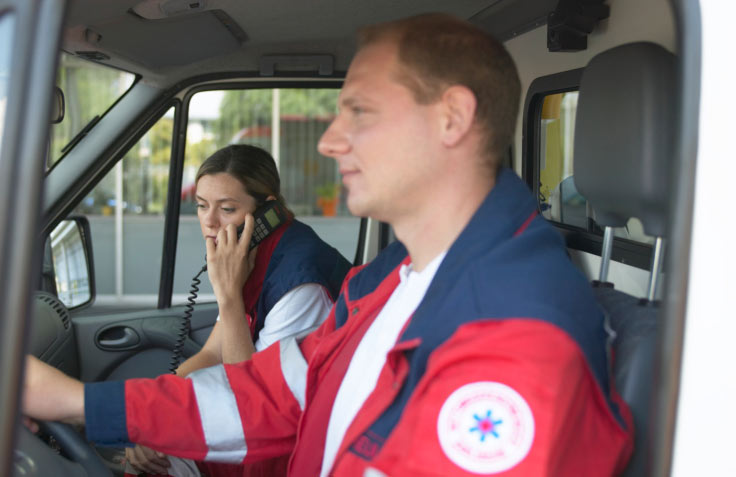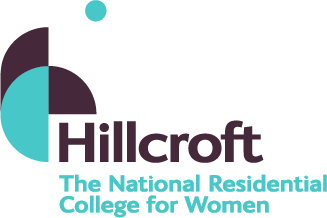Your New Career In Accountancy
Accountants have a major part to play in any commercial business setting. If you have a feel for figures and are organised and logical of mind, it might be a solid career choice to consider after you’ve left the Forces.
Accountants have an important role in the back office of any organisation. Often is the case that accountants are the first to spot any challenges in a business such as a looming shortfall in revenues or a cashflow issue. By tracking a company’s financial activities the business is enabled to plan for the future with more certainty.
In order to have an accurate idea of the financial position of a company, both currently and for the future, accountants track income and expenditure as well as identifying and investigating financial risks or irregularities (including losses or circumstances where fraud is suspected) as well as calculating the amount of tax an organisation is liable for and filing tax returns.
Other tasks will include running payroll, conducting audits and advising on budgeting as well as making recommendations on how to increase profit.
Training contracts
Candidates looking to become chartered accountants are expected to find a training contract with an employer approved by one of the three institutes in the UK: Chartered Accountants Ireland (both Ireland and Northern Ireland), Institute of Chartered Accountants in England and Wales (ICAEW) and the Institute of Chartered Accountants of Scotland (ICAS).
Whilst it is possible to undertake training without a degree qualification (either in a business related topic or other) accountancy is a highly competitive area and graduates will usually be taken more seriously (especially by larger organisations) than other candidates, even those with say, a HND qualification. However, there are employers that will help students to gain the Association of Accounting Technicians (AAT) qualification which can also lead to further training towards Chartered Accountant status in lieu of a degree.
Indeed, entry regulations vary slightly between the three institutes. ICAS requires a degree or an AAT Accounting qualification, while ICAEW will accept three GCSEs and two A-levels or a 2:1 or first class honours degree (some employers will accept a 2:2).
(A Certificate in Finance, Accounting and Business (CFAB) may also be a useful step between a degree and a training contract.)
Practical experience
Most chartered accountants still train in firms of accountants (public practice). However, there are now also training contracts available in commerce, industry and the public sector. The examinations are the same and only the practical experience differs. Employers usually provide in-house training on technical and general skills to help staff perform well in their job.
Perhaps the most difficult part of the journey towards becoming a chartered accountant is the first step; that of gaining a training contract with an institute approved employer. With demand for places high, firms can ask for a minimum of between 260 – 300+ UCAS points as well as a good degree and, naturally, evidence of mathematical ability.
As in any competitive field, work experience where candidates have shadowed qualified professionals etc help candidates to stand out from their peers as is evidence that the candidate can show proving their business acumen, motivation, communication skills, organisational and time management skills as well as integrity and trustworthiness.
Professional development
The best time to start applying for a training contract is from mid August through to the end of the year when the biggest range of opportunities is available to coincide with undergraduates entering the final portion of their degree courses. (Some employers have application deadlines at the end of October.)
Training contracts usually last between three and five years and will include professional development, practical work experience, a structured ethics component (of at least 450 days) plus exams.
As you would expect, the training syllabus is demanding and covers a lot of ground. For example, the ICAEW syllabus covers 15 modules over three levels:
Advanced level: case study, corporate reporting and strategic business management.
Professional level: business planning taxation, business strategy, audit and assurance, financial accounting and reporting, financial management as well as tax compliance.
Certificate level: accounting, assurance, business and finance, law, management information as well as the principles of taxation.
All chartered accountancy qualifications have equal status irrespective of which institute approves the training. Candidates who qualify through ICAS or Chartered Accountants Ireland receive the designation CA (Chartered Accountant), while those who qualify with ICAEW are designated ACA (Associate of the ICAEW).
Qualified Chartered accountants are also expected to keep up-to-date with technical and business issues and there is a strong emphasis on continuing professional development (CPD) after qualification.
[divide]
More about Association of Accounting Technicians (AAT) qualifications.
AAT Level 2
The AAT Level 2 Certificate is an internationally recognised qualification that gives candidates a solid grasp of essential accounting skills and principles. It’s an entry level qualification that can be used as the foundation to a career in accounting and finance since it provides students with practical, real-world accounting knowledge (which helps to make it respected amongst potential employers).
The Level 2 certificate prepares a candidate for their first specialist accounting role, perhaps as a bookkeeper, accounts clerk, company cashier, sales or purchase ledger clerk, or trainee financial accounts assistant.
AAT Level 3
The AAT Level 3 Diploma in Accounting is the intermediate level of the AAT Accounting Qualification, helping students master more complex financial processes, including final accounts for sole traders and partnerships, reports and returns and professional ethics. It provides students with specialist knowledge and skills to gain employment in an accounting role and/or the opportunity to progress towards further qualifications in accountancy or a related field.
[divide]
Earnings
Starting salaries for accountants vary depending on the location, sector, size and type of firm. Graduates entering the career can expect to earn salaries of up to £25,000.
Once fully qualified, accountants can earn £26,000 to £50,000+. According to a 2014 salary survey by executive search and recruitment agency, Stott and May, the average earning potential of chartered accountants with two years of experience is £47,900 plus bonus. (The average annual salary in business is £90,800.)
Figures from: www.prospects.ac.uk
[divide]
More:
Chartered Accountants Ireland (both Ireland and Northern Ireland)
Institute of Chartered Accountants in England and Wales (ICAEW)
Institute of Chartered Accountants of Scotland (ICAS)
Association of Chartered Certified Accountants (ACCA)
Association of International Accountants (AIA)
Chartered Institute of Management Accountants (CIMA)
Chartered Institute of Public Finance & Accountancy (CIPFA)



